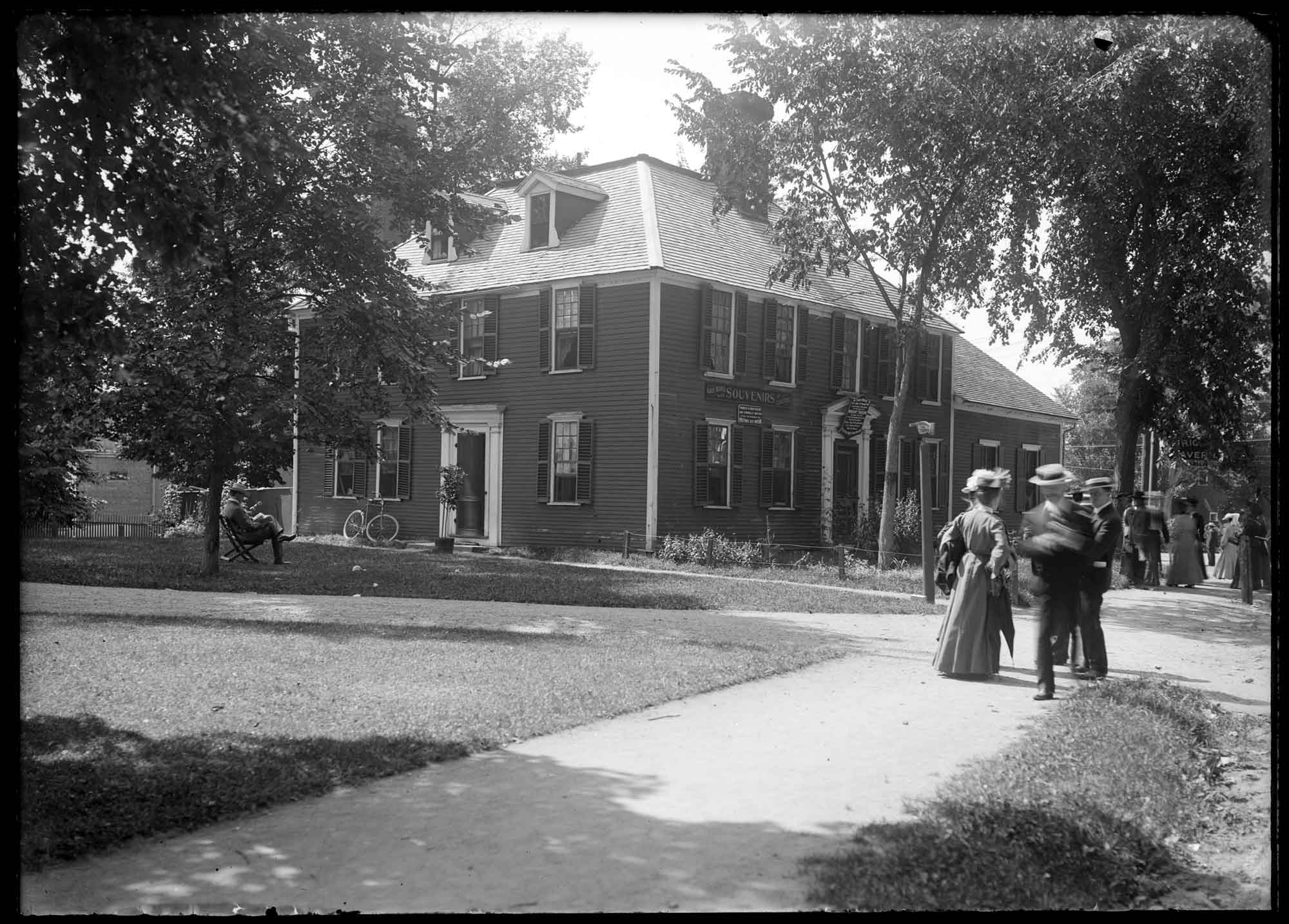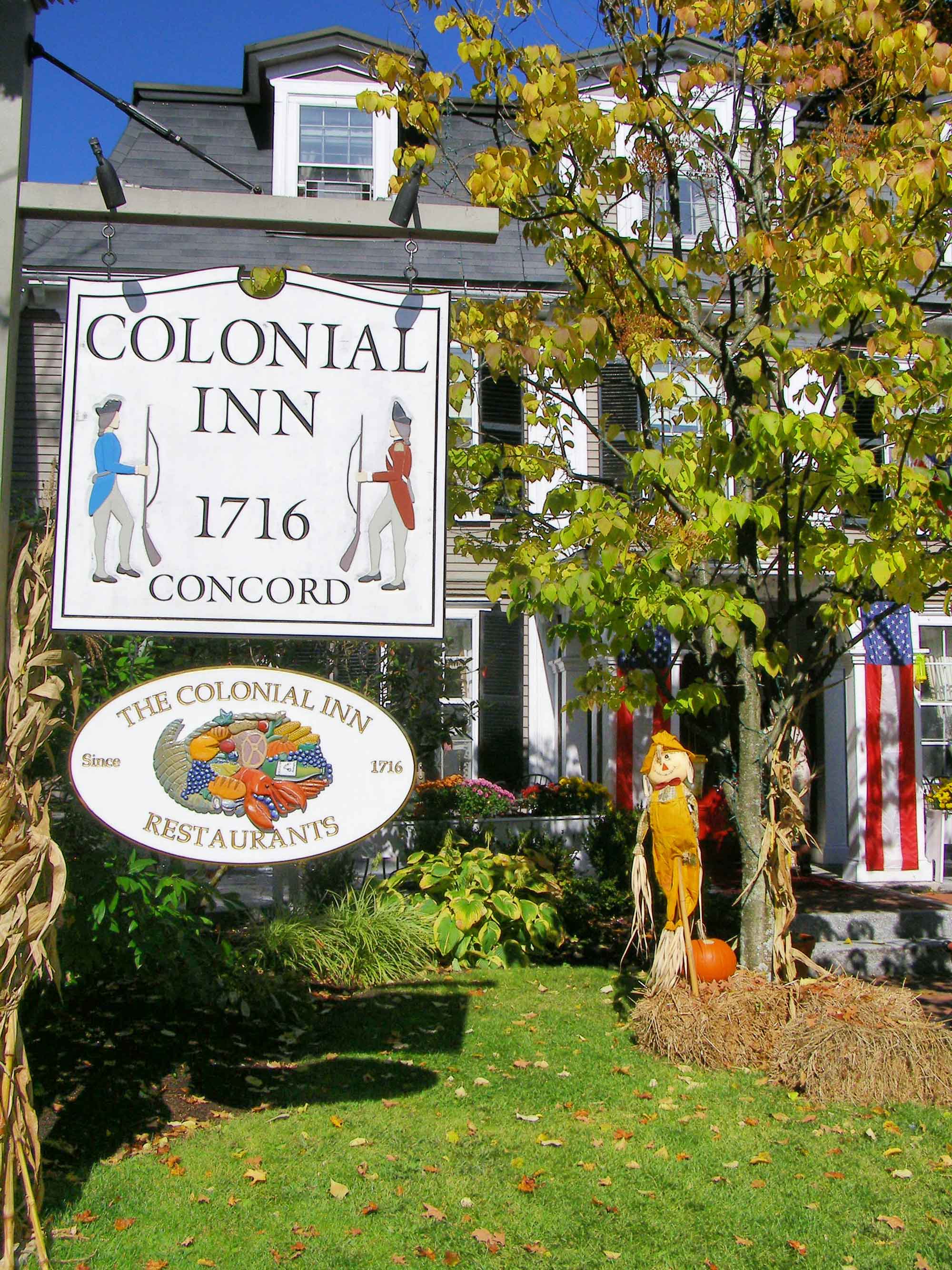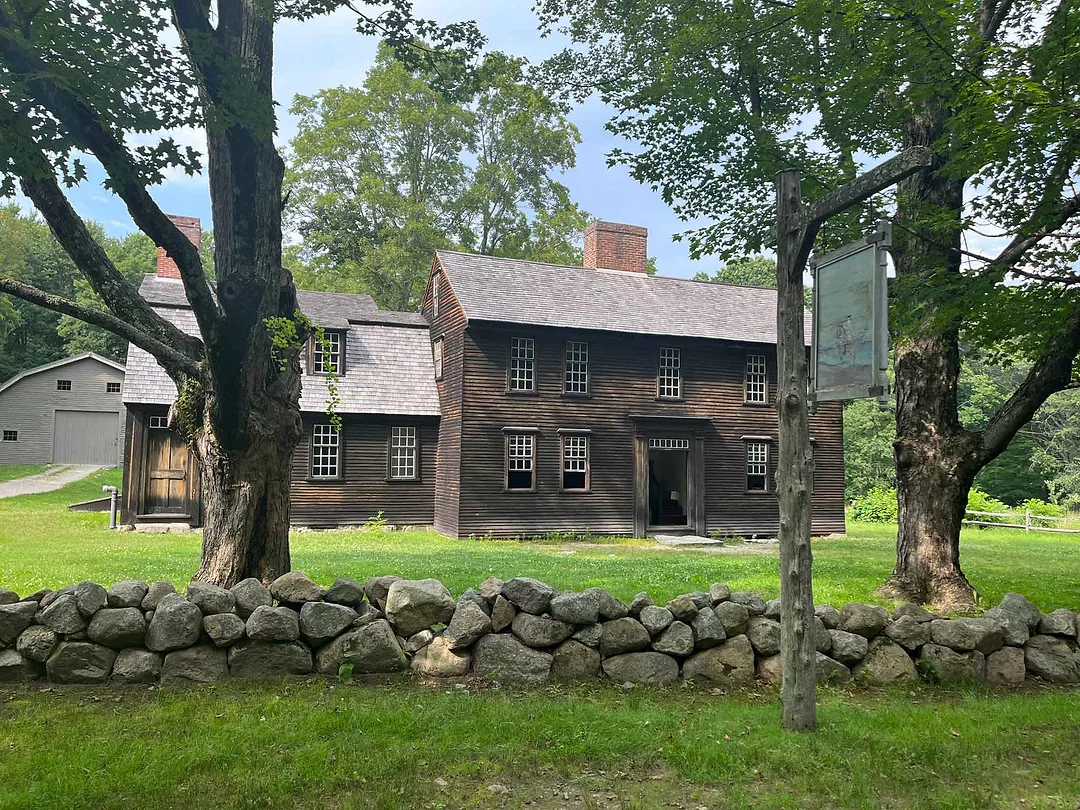 In the early 1600s, the first taverns opened in New England to serve refreshments, specifically alcoholic beverages, to locals and travelers. Many taverns also served food, and some, designated as inns, provided shelter and beds to travelers passing through. In these early years of New England, taverns became an essential part of social life. With nothing remotely close to Facebook, texting, or even phones to talk to neighbors, people relied on in-person socializing to pass information. Taverns fulfilled a wide range of human needs, combining the basic requirements of food and shelter while satisfying a hard-working population’s craving for refreshments and social interaction. The taverns facilitated people’s need to connect, plan, and commiserate and provided a platform for people to be seen and heard.
In the early 1600s, the first taverns opened in New England to serve refreshments, specifically alcoholic beverages, to locals and travelers. Many taverns also served food, and some, designated as inns, provided shelter and beds to travelers passing through. In these early years of New England, taverns became an essential part of social life. With nothing remotely close to Facebook, texting, or even phones to talk to neighbors, people relied on in-person socializing to pass information. Taverns fulfilled a wide range of human needs, combining the basic requirements of food and shelter while satisfying a hard-working population’s craving for refreshments and social interaction. The taverns facilitated people’s need to connect, plan, and commiserate and provided a platform for people to be seen and heard.
In Concord’s early days, taverns and inns were vital stopping places for residents and travelers to assemble and seek shelter. Concord’s Colonial Inn, one of the more recognizable historic buildings in town, has been used as an inn and tavern for centuries. However, like many old buildings, the Colonial Inn has a history of other uses as well. During the American Revolution, which began with the historic battles of Lexington and Concord in April 1775, one section of Concord’s Colonial Inn was used to store weapons. Another portion, serving as the residence for a local doctor, was quickly converted into an infirmary, operating room, and morgue for fallen soldiers.

Wright Tavern in 1904
| Public domain. Courtesy of the Longmeadow Historical SocietyThe Wright Tavern, located just across Monument Square, also played a key role at that time. It was used as a meeting place for Committees of the Provincial Congress when it met in Concord and as a rallying point for the minutemen in the early morning hours of April 19, 1775.
Hartwell Tavern was built in Concord as a residence and was later converted into a tavern by Ephraim Hartwell and his wife, Elizabeth. By this time, the land had become a part of Lincoln. Regardless, the tavern remains important to Concord’s history as it reminds us that Concord’s community and history reach beyond the borders we know today. As Paul Revere was riding through Lincoln early on April 19, 1775, to spread the news that the British troops were on their way, he was captured. Dr. Samuel Prescott escaped and rode on past the area of Hartwell’s tavern, and onwards. The Hartwell family helped to continue spreading the alarm and the same day, Ephraim Hartwell and a few of his sons went to fight in the battles of Lexington and Concord. Families such as the Hartwells, who opened their doors to outsiders, helped build and maintain the community we enjoy today.
Centuries later, understanding the history behind these taverns allows us to connect with the structures and their original uses. Hartwell Tavern is now part of Minute Man National Historical Park and has been restored and staged to look as it did in the 1700s. Over time, the Wright Tavern has continued to function as a meeting place, although its modern uses are less public. Now owned by First Parish, the space is used for private offices.

Concord’s Colonial Inn
| Public domain. commons.wikimedia.orgIn contrast, the Colonial Inn remains just as much a tavern and inn as it once was, with rooms for visitors, function spaces in which to gather for events, and several restaurants, including the Village Forge Tavern, which was a storeroom for supplies during the American Revolution. Some are familiar with popular ghost stories about the Inn, which is said to be haunted. Whether or not these stories are true, tales such as these prompt us to consider the past and understand the tragedy and dark times that accompany our town’s history. Perhaps this is another reason our predecessors found such value in taverns as an antidote to isolation and winter darkness. We still seek these comforts of community, warmth, and refreshments centuries later.
History repeats itself as sharing a drink and socializing in a small-town community remain a central part of life and culture for many Concordians and visitors. Stop by one of Concord’s restaurants and bars any night of the week to witness this firsthand. Concord has grown and developed with the times but holds true to certain ideals. The townspeople of Concord thrive on connection and community. Resilience through adverse conditions, like winter storms and bitter political times, demonstrates the strength of face-to-face connection. Tavern and inn owners have faced numerous challenges over the years, including wars, the National Prohibition Act of 1920, and the recent COVID pandemic. The demand and desire for community and connection have won out time after time. Emotionally, physically, and socially, we need each other as a community. With new developments in technology and social media, it has become too easy to ignore our neighbors and slip into virtual life. The craving for true human connection prevails. The first Concordians, whether consciously or not, found ways to stay connected in-person. Today, we do the same, although with each Zoom call and take-out order, we risk losing the strong community connections on which Concord was founded. Public spaces, to be truly in front of one another, are vital to the history and culture of Concord and our surrounding community. So don’t forget to take time to slow down, go out to eat, talk to your neighbors, and refresh yourself in Concord’s taverns, inns, and restaurants of today.


